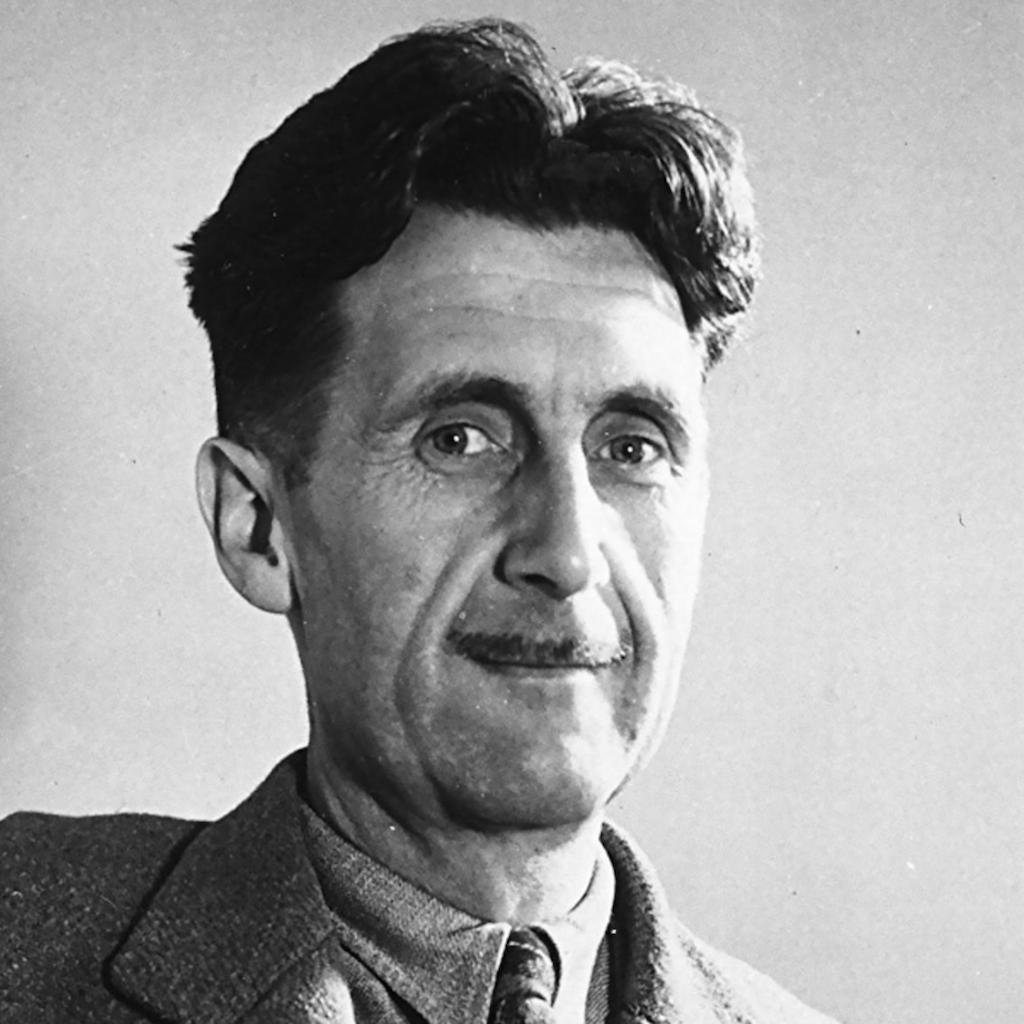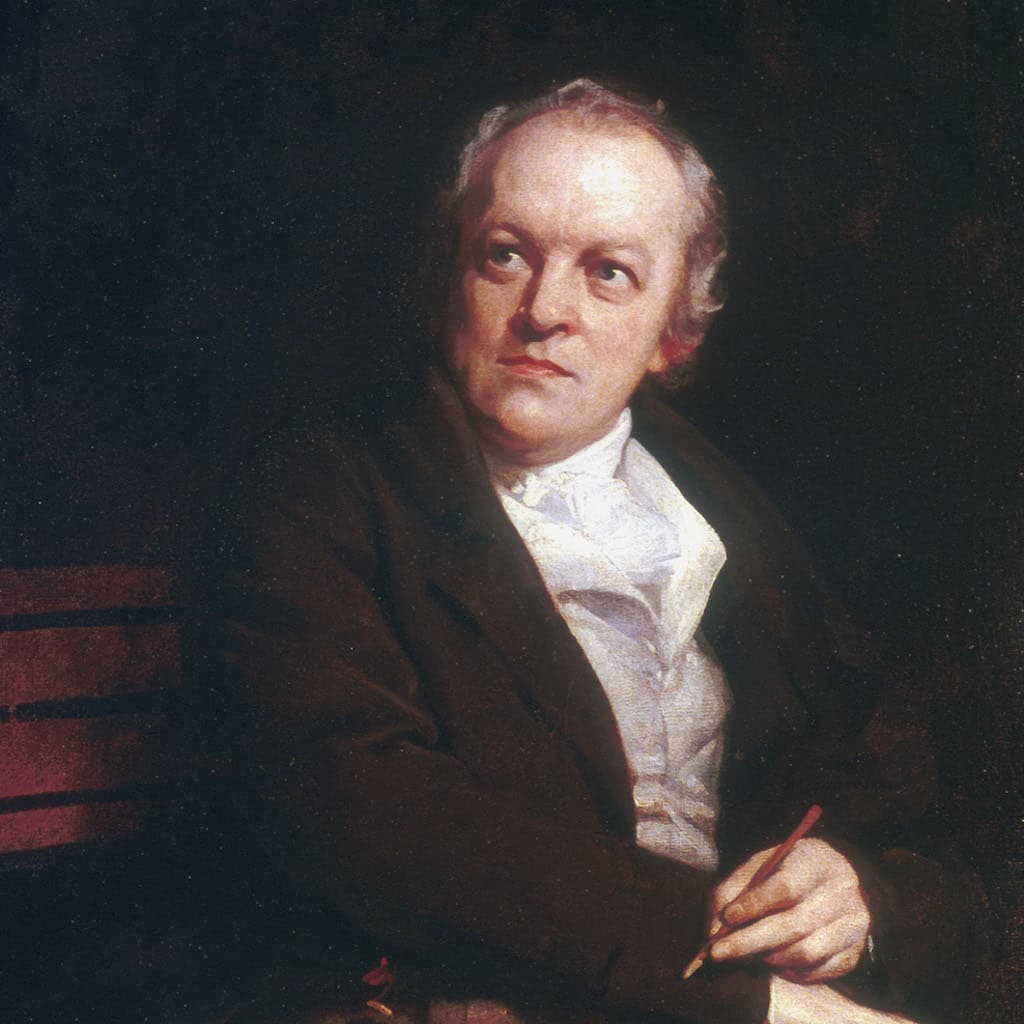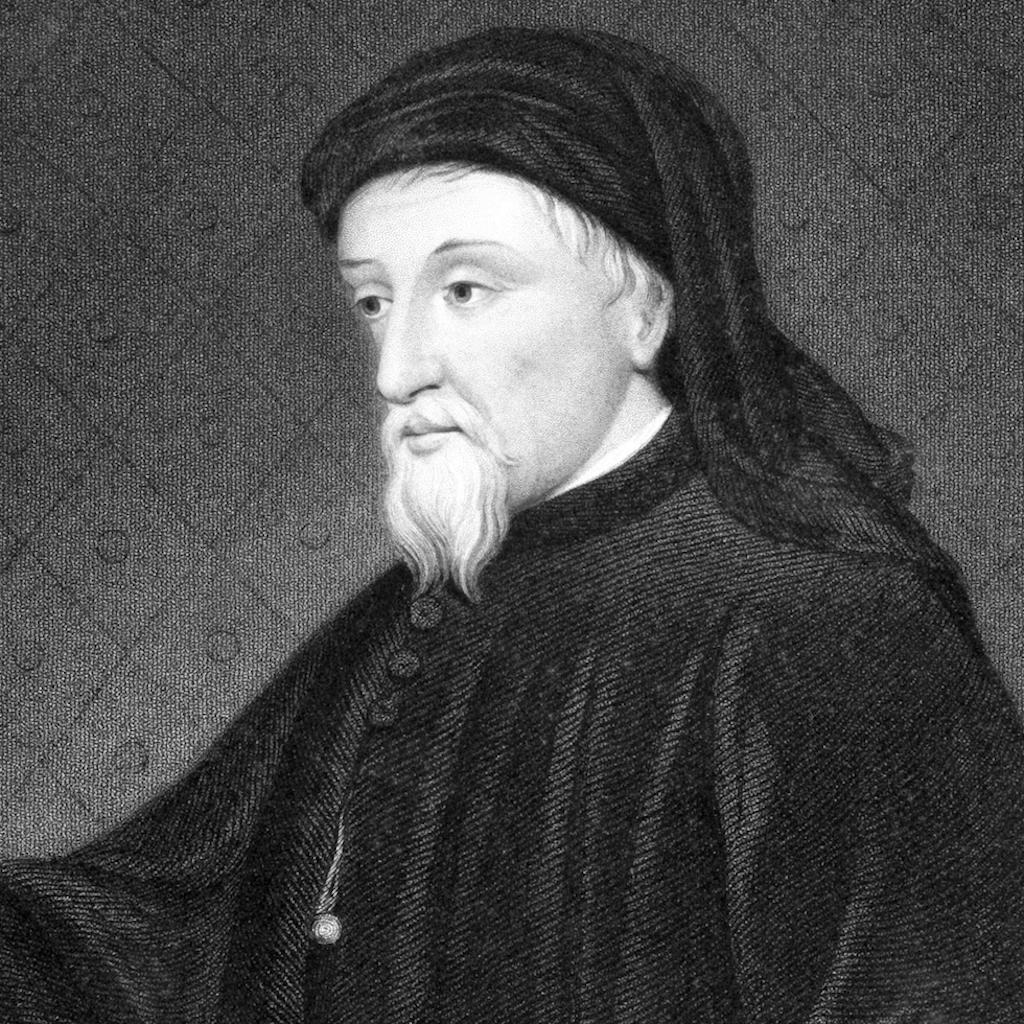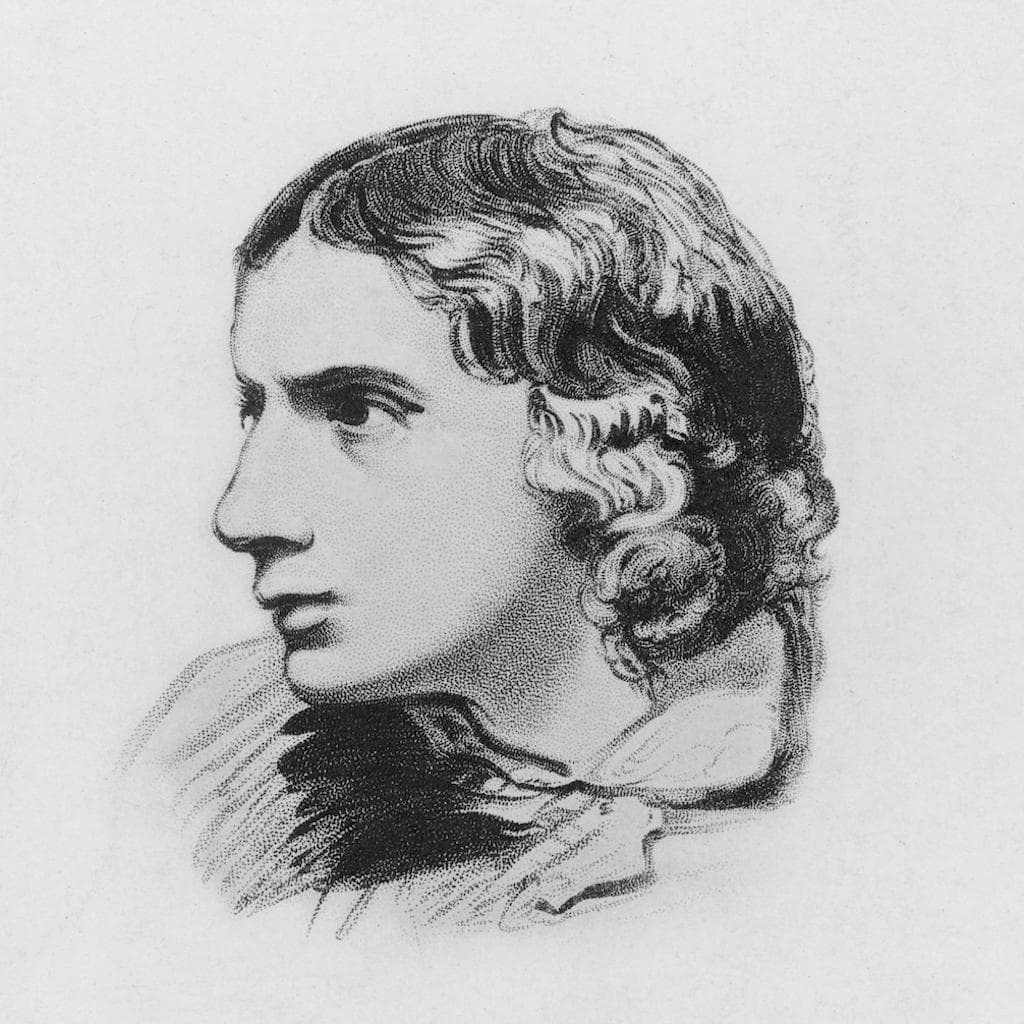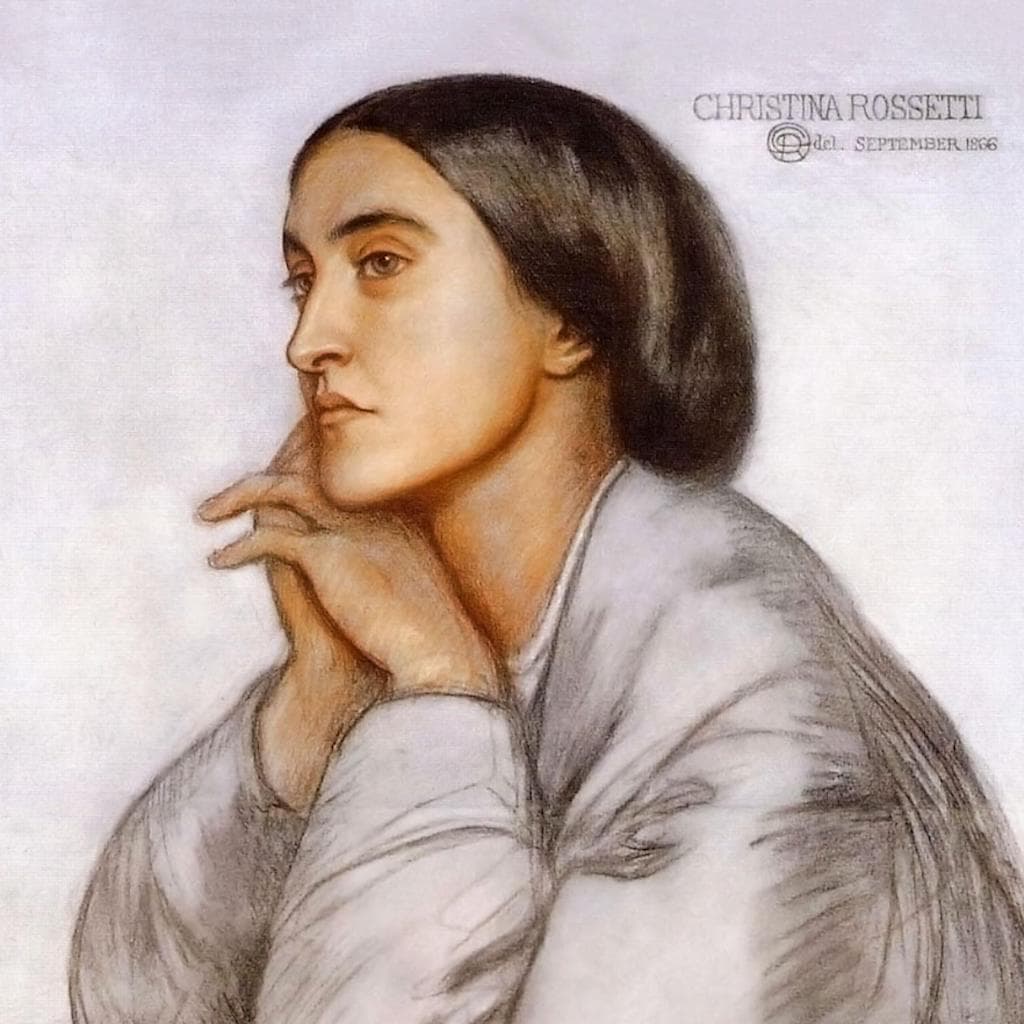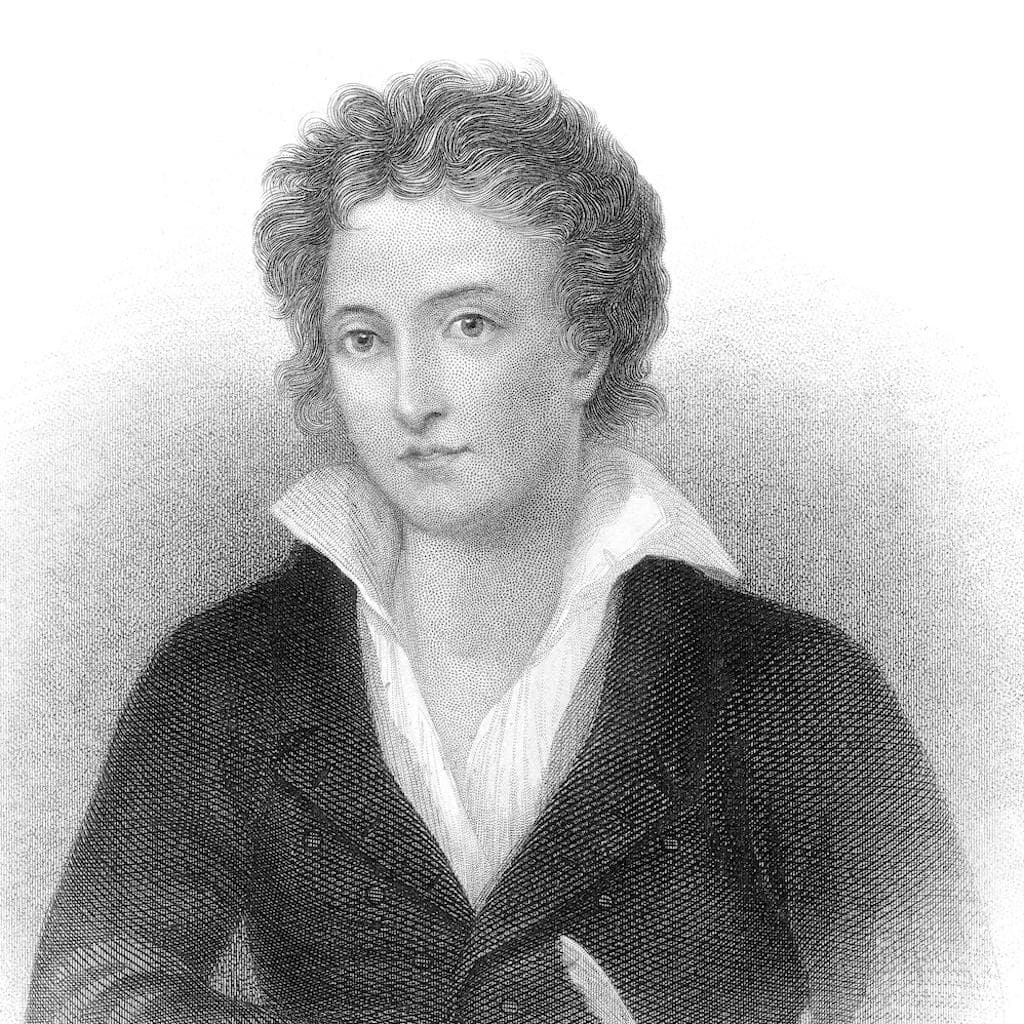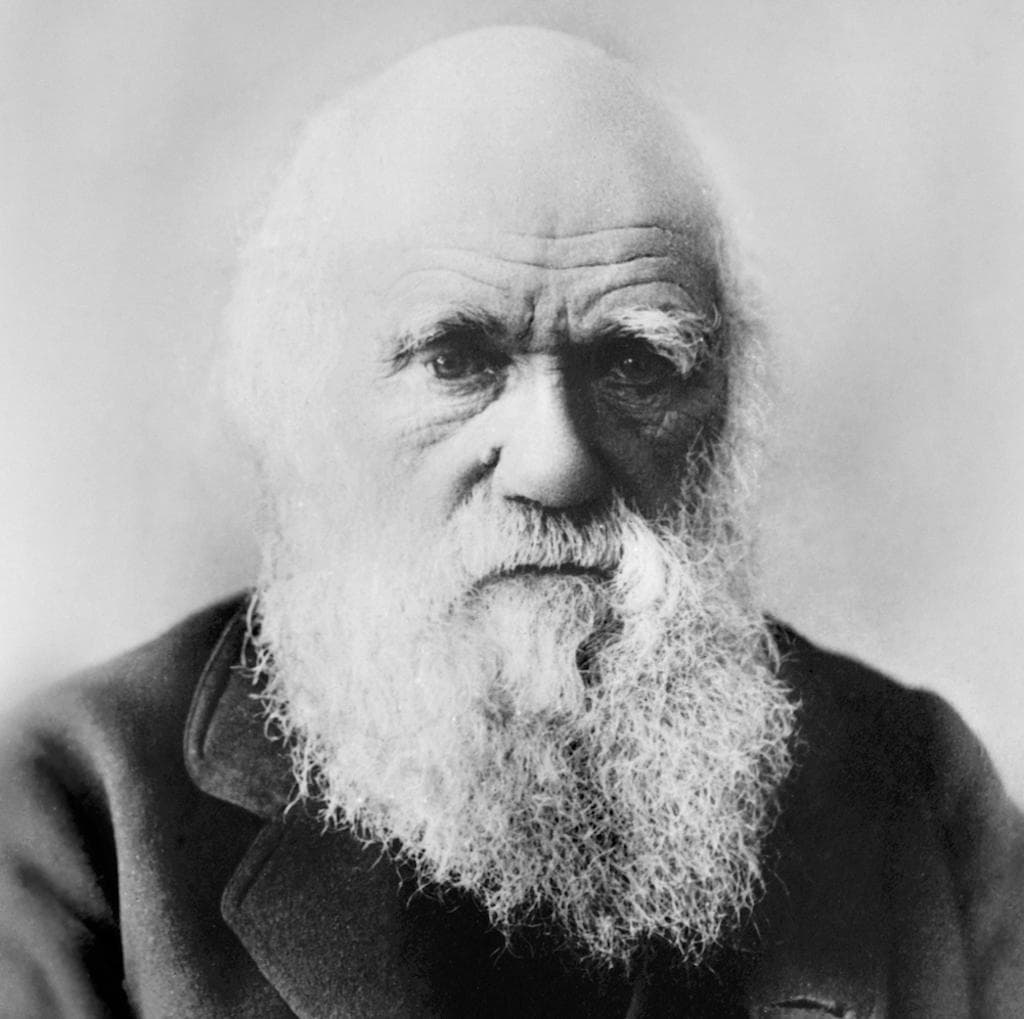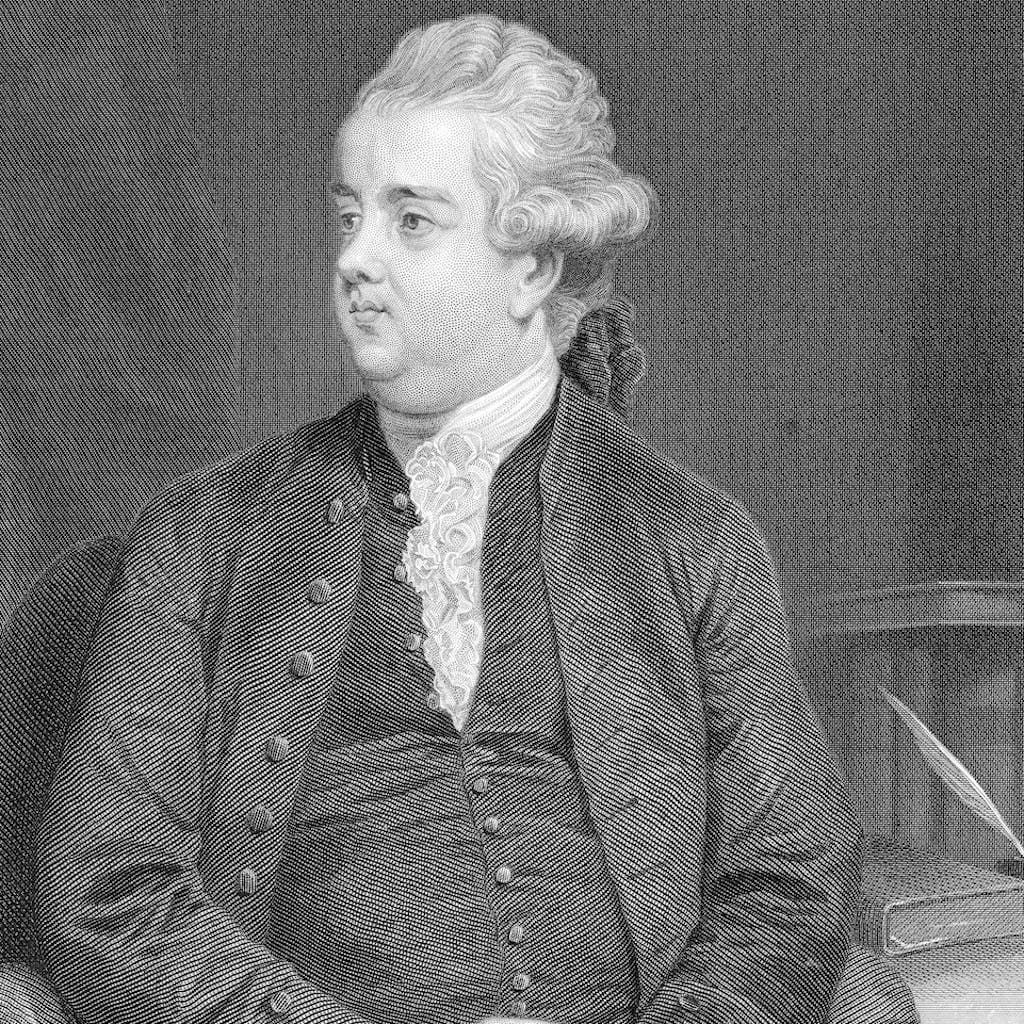BLOG POSTS
Nationality: English
Orwell George
Eric Blair (George Orwell as he was to become when a published writer) was a child of the Empire, born in Bengal, India, on June 25, 1903, the second child of Richard and Ida Blair. Richard was a civil servant in the Opium Department (the trade between India and China having been legalised under British… Read More
Blake William
William Blake (1757-1827) was an English writer, poet, and illustrator. From the relative obscurity of his reputation in his own time, Blake is now recognised as one of the major poets of the Romantic period and one of the most original and challenging figures in the history of English literature.
Chaucer Geoffrey
Widely regarded as the father of English poetry, Geoffrey Chaucer (1340-1400) is the outstanding writer in English before Shakespeare, and ‘The Canterbury Tales’ is still widely read, studied and enjoyed.
Keats John
John Keats (1795 – 1821) was only twenty-five when he died of tuberculosis in Italy. During his life he published just fifty-four poems, in three slim volumes, yet his rich, powerful, and exactly controlled poetic style ranks him as one of the greatest lyric poets in English.
Rossetti Christina
Christina Rossetti (1830 – 1894) is best remembered for her collection of verse ‘Goblin Market and Other Poems’, but her stories, essays, and religious poetry have also found readers throughout the twentieth century. Most of Rossetti’s work was influenced by her devout religious convictions and the pressures placed upon women during Victorian times.
Shelley Percy Bysshe
While the reputations of authors and poets can wax and wane both during their lives and the years that follow, few have polarised opinion as much as Percy Bysshe Shelley (1792-1822). His name is inextricably associated with the other Romantic poets, Byron and Keats, but his atheism (and his appalling treatment of his wife) invoked genuine hatred while he lived, and the quality of the poetry of the Romantics in general, and his in particular, has, at times, been much derided. However, the list of his admirers is far longer then the list of his critics.
Darwin Charles
There have been few books written of more significance than ‘The Origin of Species’ by Charles Darwin (1809 – 1882). Although some of the detail has superseded by subsequent scientific progress, the book remains central to current evolutionary theory.
Gibbon Edward
‘The History of the Decline and Fall of the Roman Empire’ by Edward Gibbon (1737 – 1794) is a work that is instantly familiar to most ears, even to those who would never consider reading it. It comprises 71 chapters, approximately 1,500,000 words, and nearly 8,000 footnotes and covers a time span of close to 1,500 years. Still in use as a reliable record of the period, it has been described as ‘the greatest prose epic in the English tongue’.
Malory Sir Thomas
The legend of King Arthur and his knights of the Round Table is one of the most enduring and influential stories in world literature, and the principal players, Arthur, Merlin, Guenever and Launcelot need no introduction. ‘Le Morte d’Arthur’ was completed around 1469 -1470, and the most likely author is Sir Thomas Malory of Newbold Revel in Warwickshire
